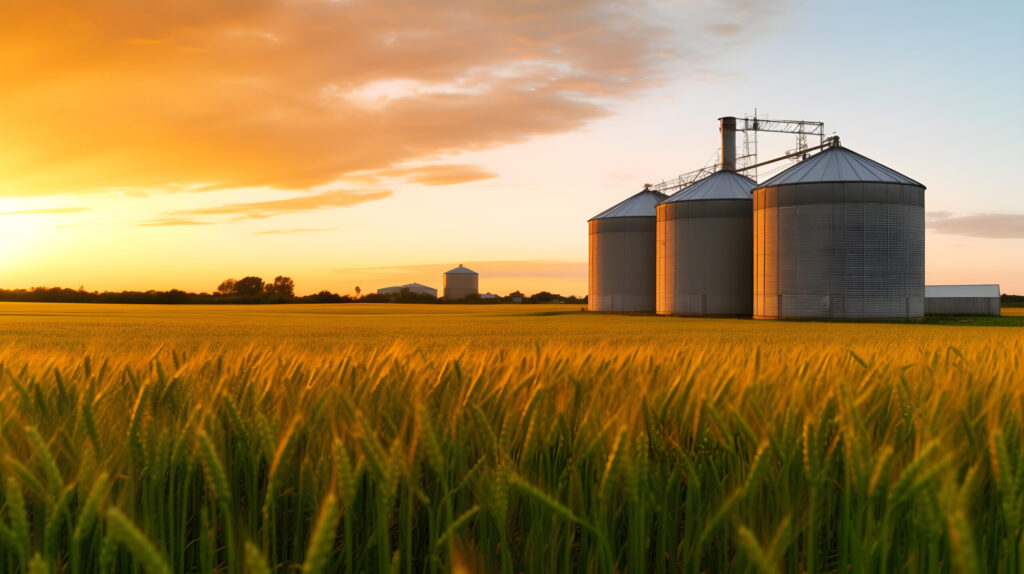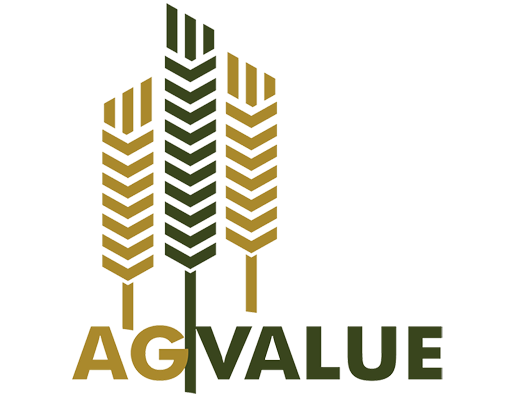
What is the Role of Collateral in Farm Lending?
Navigating the agricultural sector requires an experienced understanding of both the farming business and financial intricacies. At AgValue Consulting, with our roots entrenched deeply in farming, and experience in complex agri-appraisal and farm management, we have a first-hand understanding of the complexities farmers face when seeking financing solutions. A pivotal aspect of farm lending is collateral. It provides assurance to lenders and helps farmers obtain the necessary funds to fuel their agricultural ventures. This article delves into the significance of collateral in farm lending and highlights the types of assets that can be utilized and the methods of valuing them.
Types of assets that can be used as collateral
In the agricultural sector, a wide range of assets can serve as collateral. These are essential for securing loans, whether one is looking to purchase land, equipment, or finance operations.
- Land and Real Estate: One of the most common collateral forms, agricultural land and real estate, holds significant value. This includes cultivated fields, pastures, and any buildings on the property.
- Machinery and Equipment: Tractors, harvesters, and other farm machinery can also be utilized as collateral. Their worth varies based on age, condition, and brand.
- Livestock: Livestock, such as cattle, pigs, and poultry, represent a tangible asset that many lenders accept as collateral. The value depends on market prices, health, breed, and age.
- Stored Crops: Stored crops, like grains in a silo, can be collateralized. Their value fluctuates with market demand and supply.
- Accounts Receivable: Some lenders accept the money owed to the farmer by others, especially if the farmer has a reliable history of sales and the buyers have a solid credit history.
- Farm Products and Inventory: This can include seeds, fertilizers, pesticides, or other products essential for farm operations.
How collateral values are determined in the agriculture sector
Given the fluctuating nature of the agricultural sector, determining the value of collateral requires expertise and a nuanced understanding.
- Appraisal Services: Professional agricultural appraisers like us at AgValue Consulting can provide an objective and current market value of assets. This involves physical inspections, comparisons with similar sales, and analyzing market trends as well as cashflows associated with the operation.
- Market Prices: For assets like livestock and stored crops, market prices play a pivotal role. Keeping a finger on the pulse of current market conditions and projected future trends is crucial.
- Depreciation: Machinery and equipment depreciate over time. Their value is often determined by considering factors like age, usage, and maintenance history.
- Historical Data: Historical sales data for similar assets in the region can provide a benchmark for valuation.
- External Factors: Factors like weather patterns, pest infestations, and geopolitical events can influence the value of certain assets, especially crops and livestock.
Conclusion
The role of collateral in farm lending cannot be overstated. It provides security to lenders and is often the linchpin for farmers to access the funds they require. Understanding the various assets that can be utilized as collateral and the methodologies for their valuation is fundamental to the lending process.
At AgValue Consulting, we harness our deep-rooted experience in farming and finance to provide unmatched brokerage and appraisal services. Our commitment lies in empowering farmers and agricultural investors to navigate the financial landscape with confidence and foresight. If you’re a medium to large-scale farmer or an agricultural investor seeking financing solutions, we’re here to guide you every step of the way.
